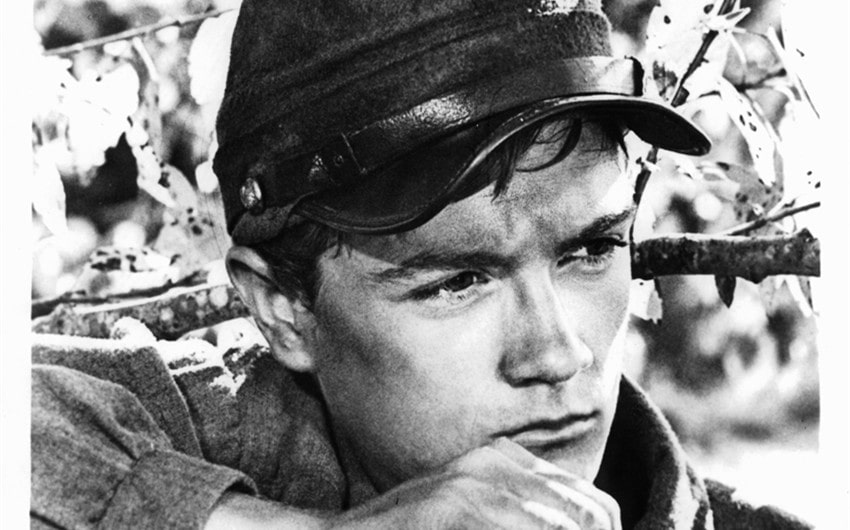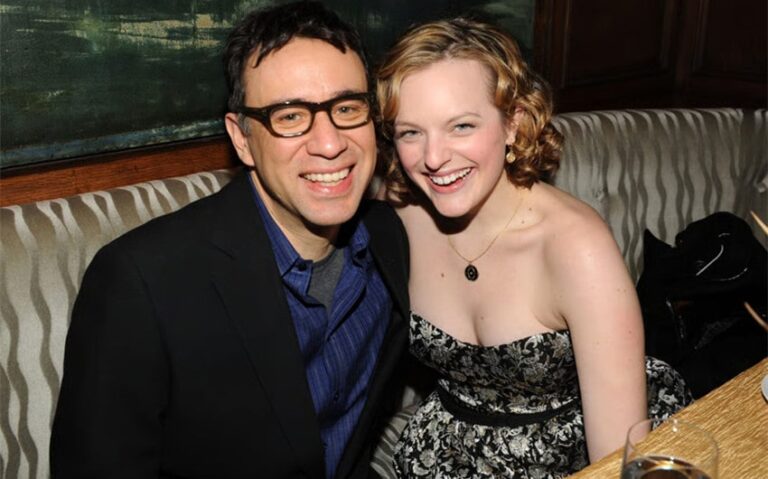Who Is Phillip Alford’s Wife? Inside the Quiet Life of the To Kill a Mockingbird Star
For millions of movie lovers, the name Phillip Alford instantly recalls his unforgettable performance as Jem Finch in the 1962 film To Kill a Mockingbird. His portrayal of the protective, spirited brother to Scout captured the innocence and complexity of childhood during one of Hollywood’s most powerful literary adaptations. Yet, decades after the film’s release, curiosity remains not about his acting but about his life beyond the screen — especially regarding Phillip Alford’s wife and the family he built once the cameras stopped rolling. Although he largely disappeared from Hollywood after the 1970s, Alford’s quiet post-acting years reflect a deliberate choice to live away from fame and focus on what mattered most: his privacy, his loved ones, and a life of normalcy.
Who Is Phillip Alford?
Phillip Alford was born on September 11, 1948, in Gadsden, Alabama, a small city known for its southern charm and strong community roots. His journey to Hollywood was never planned. As a young boy, Alford had little interest in acting until his sister persuaded him to audition for the role of Jem Finch in To Kill a Mockingbird. The film’s producers were searching for authentic Southern children to bring Harper Lee’s characters to life, and Alford’s natural demeanor fit the role perfectly.
When the movie premiered in 1962, it was an instant classic. Directed by Robert Mulligan and starring Gregory Peck as Atticus Finch, the story of racial injustice and moral courage in 1930s Alabama became one of the most significant films of the 20th century. Phillip Alford’s performance as Jem — brave, curious, and fiercely loyal — resonated deeply with audiences. At just 14 years old, he had made his mark on cinematic history.
After To Kill a Mockingbird, Alford continued to act for several years. He appeared alongside James Stewart in Shenandoah (1965), a Civil War drama that further showcased his talent. He later starred in Fair Play (1972) and made guest appearances on television. But unlike many child actors who struggled to sustain fame, Phillip Alford made a very different choice — he stepped away from Hollywood entirely.
By his mid-20s, he had left acting to pursue a more private and grounded life. He returned to Alabama, where he focused on business and family rather than film premieres and press events. His departure from the public eye was intentional, marking the beginning of a life far removed from the spotlight that first found him as a teenager.
Life After Hollywood
After leaving the entertainment industry, Phillip Alford reportedly built a successful career in the construction and business sector in Birmingham, Alabama. He preferred a modest lifestyle, far from the glamour and chaos of Los Angeles. Those who have known him since describe him as humble and private, someone who values stability and relationships over recognition.
While many former child actors have struggled with the aftereffects of fame, Alford seemed content to simply fade into everyday life. He rarely gave interviews and almost never discussed his acting career publicly. When he did speak about it, he acknowledged that To Kill a Mockingbird had been an incredible experience but maintained that it was only a small part of his life’s journey.
This return to normalcy is one reason why fans have always been curious about his personal world — particularly about Phillip Alford’s wife and whether the man behind Jem Finch found happiness beyond the camera.
Who Is Phillip Alford’s Wife?
While Phillip Alford’s professional life is well-documented through his film credits, his personal life remains intentionally private. What is known is that he married Carole Kay Alford, with whom he shared a long and stable relationship. Very few details have ever been made public about their marriage, which reflects both their shared preference for privacy and Alford’s long-standing aversion to media attention.
Unlike many Hollywood couples, Phillip and Carole chose to live away from the glitz and gossip of the entertainment industry. They settled in Alabama, where Alford worked and raised his family quietly. Public records and occasional reports confirm their marriage, but beyond that, very little has been disclosed about their personal lives — a rarity in an era when even minor celebrities often find their family details widely discussed.
This discretion seems to be part of a deliberate effort to protect their family’s peace. For Alford, who experienced fame at such a young age, the allure of privacy may have been stronger than any desire to stay in the public eye. His wife, too, appears to have supported his wish to lead a normal life, away from red carpets and constant attention.
Although Carole Kay Alford is not a public figure, those who have written about Phillip over the years suggest that his family was central to his decision to step away from acting. Choosing a stable home life over the uncertainty of Hollywood fame allowed him to find long-term happiness and fulfillment — something that many child actors never achieve.
The Meaning of a Quiet Life
Phillip Alford’s decision to live privately with his wife and family reflects a deep understanding of what truly matters. Fame can be fleeting, but family endures. In interviews with others from the To Kill a Mockingbird cast, Alford’s absence from reunions and retrospectives was often noted, but always respected. His co-stars, including Mary Badham (who played Scout Finch), have occasionally mentioned him fondly, acknowledging his choice to stay out of the public eye.
Today, Phillip Alford represents a rare kind of celebrity — one who walked away at the height of promise, not out of failure but out of a desire for normalcy. His marriage to Carole Kay Alford appears to be one of stability and companionship, the foundation for a life that values authenticity over fame.
It’s worth noting that few child actors from Hollywood’s Golden Age managed to transition into peaceful adult lives. Many were overwhelmed by the industry’s pressures, struggling to find their identity beyond the roles that made them famous. Alford, however, broke that pattern by defining success on his own terms.
Featured Image Source: imdb.com






